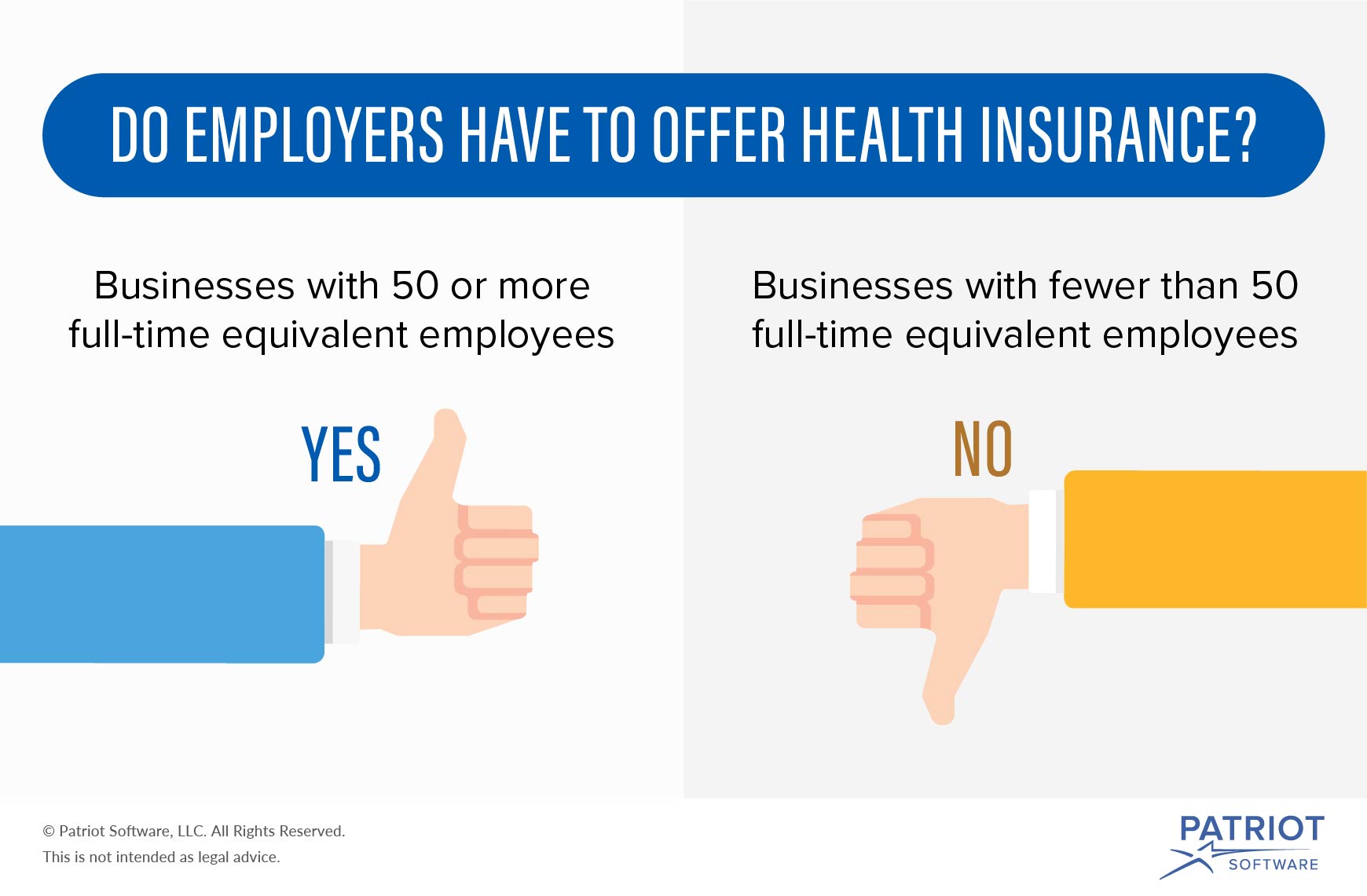Health insurance is one of the most important parts of any employer benefits package. However, in general, employers are not forced by law to provide coverage for health care to their employees.
In the United States, people pay a premium for health care. Without a good insurance plan, sickness and injury can be financially devastating. As a result, health insurance is one of the most important parts of any employer benefits package. In fact, many employers use health insurance as a way to attract, and keep, employees. But are employers legally required to provide health insurance? The short answer is no.
In general, employers are not forced by law to provide coverage for health care to their employees. That being said, larger employers may be penalized for failing to do so. The Affordable Care Act (ACA) imposes penalties on employers with at least 50 full-time employees that do not provide coverage for 95 percent of those employees. Under ACA, these employers must pay a penalty of $3,860 per employee if they don’t meet ACA’s requirements. Even so, ACA does not give employees the right to demand coverage; if the employer is willing to pay the per-employee fee, it has no legal obligation to provide health insurance.
To determine whether an employee is full time for the purpose of ACA’s health insurance requirements, full-time status applies to any employee who works a minimum of 30 hours per week, or 130 hours per month, during a calendar month.
In addition to the employee, ACA requires the employer-sponsored health insurance plan to extend to his or her children under the age of 26 or pay the penalty. Spouses, stepchildren, and foster children are not considered dependents and are therefore excluded from this ACA requirement. An experienced employment law attorney can help you determine how to proceed if you feel that your employer has failed to provide you with the required coverage.
Small employers have even less obligation to offer coverage. Due to increasing insurance costs, it is becoming less and less common for small employers to provide benefit plans. But some small employers do offer coverage as a voluntary benefit.
























